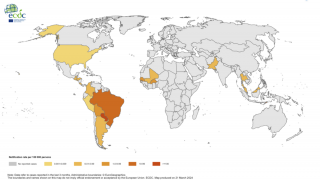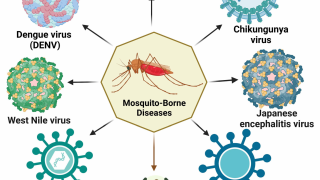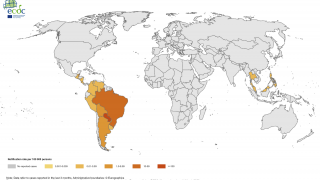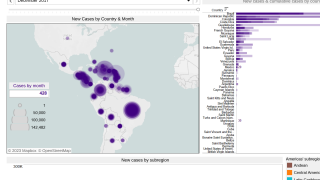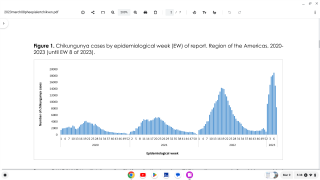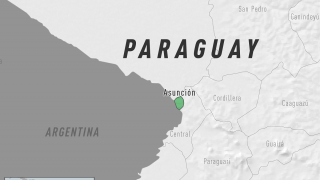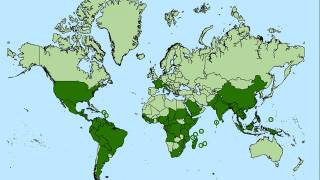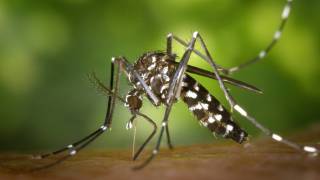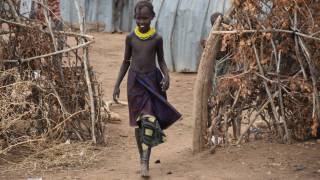Chikungunya Vaccine Strategy Tested in Mice
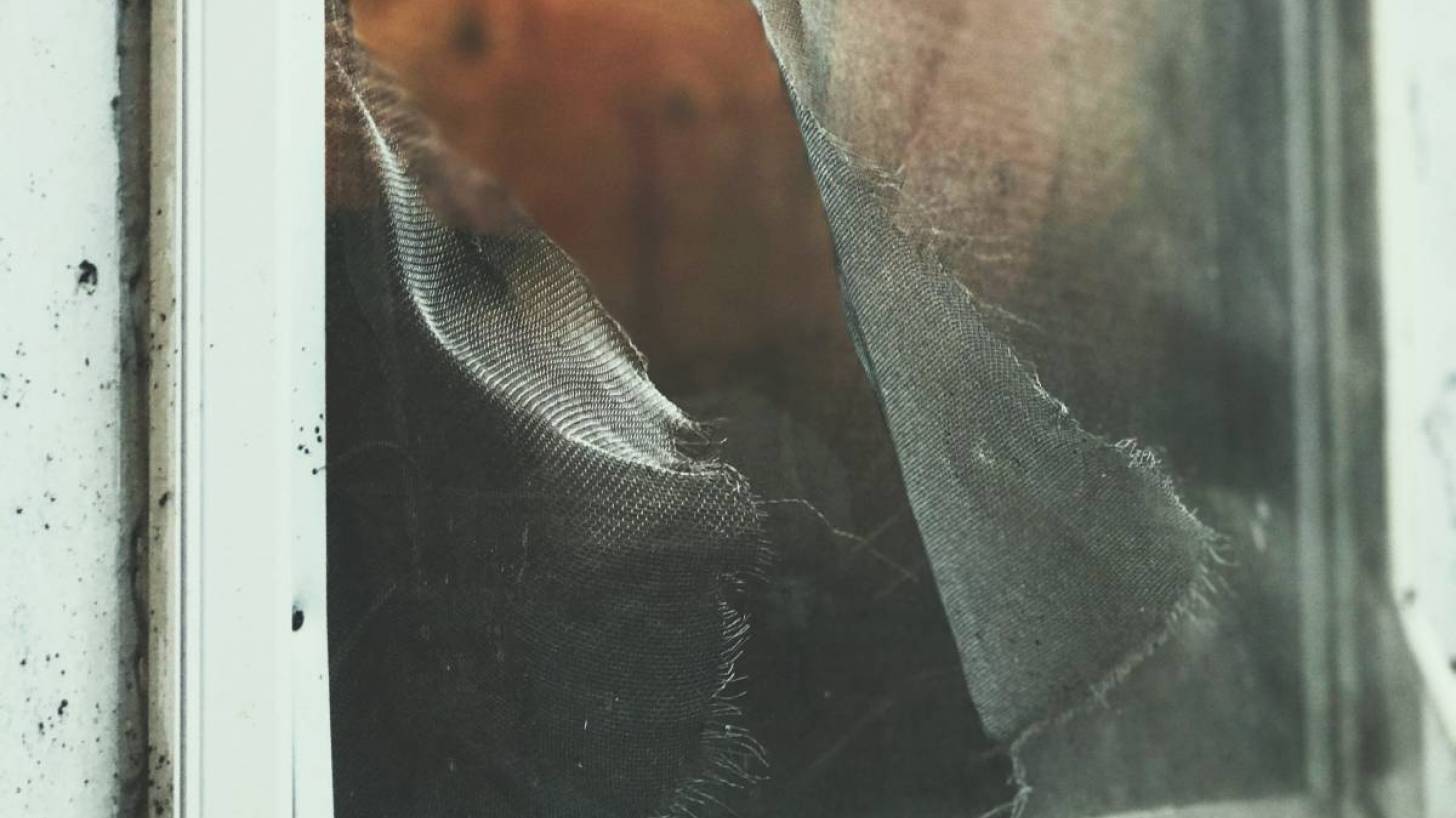
A clinical-stage biotechnology company announced the results from a preclinical trial of its chikungunya vaccine
Although several strategies have been pursued in the development of a chikungunya virus (CHIKV) vaccine, none have been approved yet.
In this study, Vaxart, Inc. describes the development of several vaccine vectors that express the structural proteins of the La Réunion CHIKV strain LR2006-OPY1.
Protection from virus-induced pathologic changes was observed in vaccinated C57BL/6 mice, an important model for CHIKV vaccine development because of their ability to recapitulate several signs shown in infected humans.
This study uniquely demonstrates the capacity of a mucosally-administered adenovirus vaccine to induce serum antibody responses and confer protective efficacy in a pre-clinical model, said Vaxart.
“These preclinical results demonstrate that our vaccine candidate induced significant neutralizing antibodies against chikungunya virus as well as protective efficacy against virus-induced pathologic changes,” said Sean Tucker, Ph.D., founder and chief scientific officer of Vaxart, in a press release.
“Importantly, we saw reduced footpad swelling, a model for arthritis induction in humans caused by chikungunya infection.”
“There are no approved vaccines or treatments for the estimated 1 million patients each year infected with chikungunya virus,” said Dr. Tucker.
Recent chikungunya vaccine news:
- Chikungunya Vaccine Candidate Launches Phase 1 Study
- Chikungunya Vaccine Candidate Delivers Positive News
Chikungunya is a mosquito-borne virus that poses a significant public health problem in tropical and subtropical regions. The disease is characterized by an acute onset of fever, rash, muscle pain, and sometimes debilitating pain in multiple joints, says the Centers for Disease Control and Prevention (CDC).
Currently, people infected with chikungunya in the USA are treated with non-steroidal anti-inflammatory drugs to relieve some symptoms.
During January 2019, a total of 90 chikungunya virus disease cases with illness onset in 2018 have been reported to ArboNET from 23 U.S. states. All of these cases occurred in travelers returning to the USA from affected areas.
As of May 28, 2019, the state of Texas Department of State Health Services reported 4 chikungunya virus cases in 2019.
The CDC says when traveling to countries with chikungunya virus, use insect repellent, wear long sleeves and pants, and stay in places with air conditioning or that use window and door screens.
The results from a mice study were published in the peer-reviewed journal, Vaccine.
Our Trust Standards: Medical Advisory Committee


